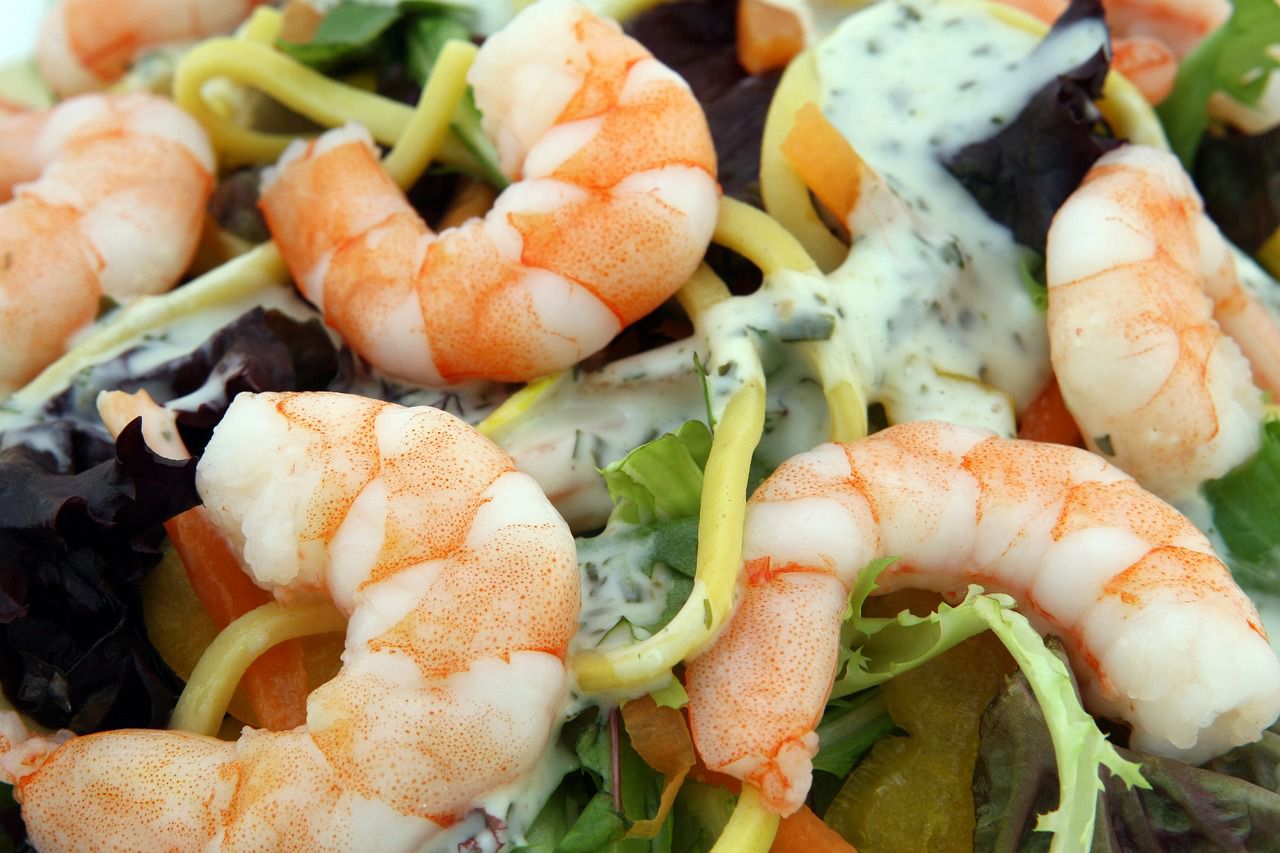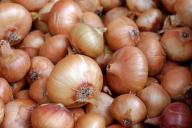Salad is often seen as the healthiest meal option you can cook, which it is - but it also depends on the ingredients and portion size.
We all have different body constitutions and needs, so how can you pick a perfect portion for everyone?
Actually, there are a few tips that can help you.

Select the Right Plate or Bowl
Begin with a regular-sized dinner plate or a large salad bowl. This will serve as your serving guide.
Choose a Variety of Vegetables
On one half of your plate or bowl, fill it with a variety of fresh vegetables. You can use ingredients like:
- Lettuce or leafy greens
- Spinach
- Tomatoes
- Cucumbers
- Bell peppers
- Carrots
- Radishes
- Onions
- Any other veggies you enjoy
Add Protein
In one of the quarters left on your plate or bowl, add a source of protein. This could be:
- Grilled chicken
- Sliced turkey or ham
- Hard-boiled eggs
- Tofu or tempeh for a vegetarian option
- Canned tuna or salmon
- Chickpeas or beans for a plant-based protein source
Include Extras for Texture and Flavor
In the other quarter, you can add extra ingredients to enhance the texture and flavor of your salad. Consider adding:
- Nuts (e.g., almonds, walnuts)
- Seeds (e.g., sunflower seeds, pumpkin seeds)
- Cheese (e.g., feta, goat cheese)
- Croutons or toasted bread for a crunch
- Dried fruits (e.g., cranberries, raisins)
Dressing
Drizzle your favorite salad dressing lightly over the salad. Start with a small amount, and you can always add more if needed.
Remember that dressings can be calorie-dense, so use them in moderation.
Conclusion
Remember that portion sizes can vary depending on your individual appetite and dietary needs, so feel free to adjust the amounts of each component to suit your hunger.
If you find yourself still hungry after eating your salad, you can pair it with a small side like a piece of whole-grain bread or some fresh fruit for a more satisfying meal.












